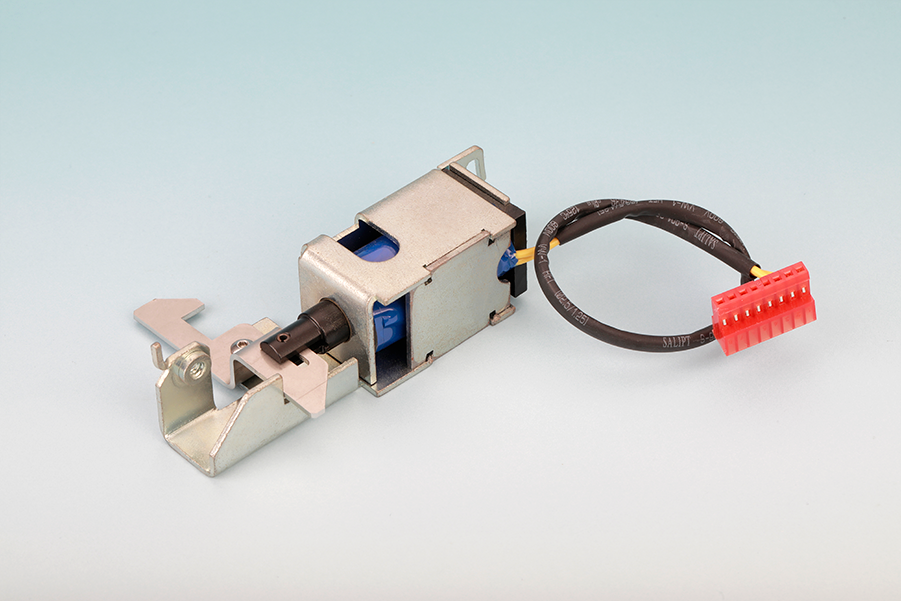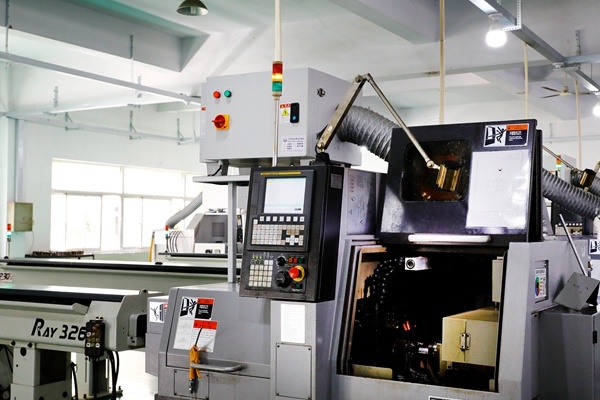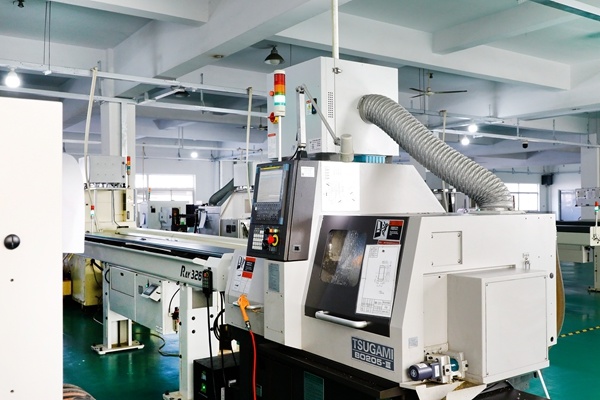Understanding Precision Parts Processing: A Key to Efficient Manufacturing
Release Time:
Jun 14,2025
--- Precision parts processing is an integral aspect of the manufacturing sector, particularly within the realms of mechanical hardware and component fabrication. This specialized form of manufacturing involves creating components with intricate specifications and tight tolerances, ensuring that each part meets the exact requirements necessary for successful assembly and functionality. The importa
---
Precision parts processing is an integral aspect of the manufacturing sector, particularly within the realms of mechanical hardware and component fabrication. This specialized form of manufacturing involves creating components with intricate specifications and tight tolerances, ensuring that each part meets the exact requirements necessary for successful assembly and functionality. The importance of precision parts processing can be highlighted across several dimensions, including technological advancement, quality assurance, and cost-effectiveness.
One of the primary benefits of precision parts processing is the ability to produce components that are not only accurate but also consistent. This consistency is vital in industries that rely on high-performance machinery, as even the slightest deviations can lead to operational inefficiencies or failures. Advanced machining techniques, such as CNC (Computer Numerical Control) machining, have revolutionized the way parts are manufactured. These techniques allow for meticulous control over the machining process, resulting in components that maintain the high standards required for modern applications.
Moreover, precision parts processing often employs state-of-the-art materials and tools designed to enhance the durability and lifespan of the components being produced. Materials such as high-grade alloys and composites are frequently utilized to produce parts that can withstand extreme conditions, thus broadening their application across various industries, from aerospace to automotive.
In addition to quality and durability, precision parts processing contributes to overall cost savings in the manufacturing process. By employing techniques that reduce waste and optimize material usage, manufacturers can achieve greater efficiency in production. This not only lowers operational costs but also minimizes environmental impact, aligning with the growing emphasis on sustainable manufacturing practices.
The role of precision parts processing is further underscored by its adaptability to rapid technological advancements. As industries evolve, the demand for custom, high-precision parts continues to rise. This adaptability also extends to the integration of automation and smart manufacturing technologies. These innovations enable manufacturers to respond swiftly to changing market demands while maintaining the precision and quality of their products.
In conclusion, precision parts processing stands as a cornerstone of modern manufacturing, providing the ability to produce high-quality components that meet the strictest of tolerances. Understanding its principles and benefits is essential for professionals in the manufacturing sector who aim to enhance their production capabilities and maintain competitive advantages. As technology continues to advance, the significance of precision in parts processing will only grow, reinforcing its vital role in the future of manufacturing.
Precision parts processing is an integral aspect of the manufacturing sector, particularly within the realms of mechanical hardware and component fabrication. This specialized form of manufacturing involves creating components with intricate specifications and tight tolerances, ensuring that each part meets the exact requirements necessary for successful assembly and functionality. The importance of precision parts processing can be highlighted across several dimensions, including technological advancement, quality assurance, and cost-effectiveness.
One of the primary benefits of precision parts processing is the ability to produce components that are not only accurate but also consistent. This consistency is vital in industries that rely on high-performance machinery, as even the slightest deviations can lead to operational inefficiencies or failures. Advanced machining techniques, such as CNC (Computer Numerical Control) machining, have revolutionized the way parts are manufactured. These techniques allow for meticulous control over the machining process, resulting in components that maintain the high standards required for modern applications.
Moreover, precision parts processing often employs state-of-the-art materials and tools designed to enhance the durability and lifespan of the components being produced. Materials such as high-grade alloys and composites are frequently utilized to produce parts that can withstand extreme conditions, thus broadening their application across various industries, from aerospace to automotive.
In addition to quality and durability, precision parts processing contributes to overall cost savings in the manufacturing process. By employing techniques that reduce waste and optimize material usage, manufacturers can achieve greater efficiency in production. This not only lowers operational costs but also minimizes environmental impact, aligning with the growing emphasis on sustainable manufacturing practices.
The role of precision parts processing is further underscored by its adaptability to rapid technological advancements. As industries evolve, the demand for custom, high-precision parts continues to rise. This adaptability also extends to the integration of automation and smart manufacturing technologies. These innovations enable manufacturers to respond swiftly to changing market demands while maintaining the precision and quality of their products.
In conclusion, precision parts processing stands as a cornerstone of modern manufacturing, providing the ability to produce high-quality components that meet the strictest of tolerances. Understanding its principles and benefits is essential for professionals in the manufacturing sector who aim to enhance their production capabilities and maintain competitive advantages. As technology continues to advance, the significance of precision in parts processing will only grow, reinforcing its vital role in the future of manufacturing.




